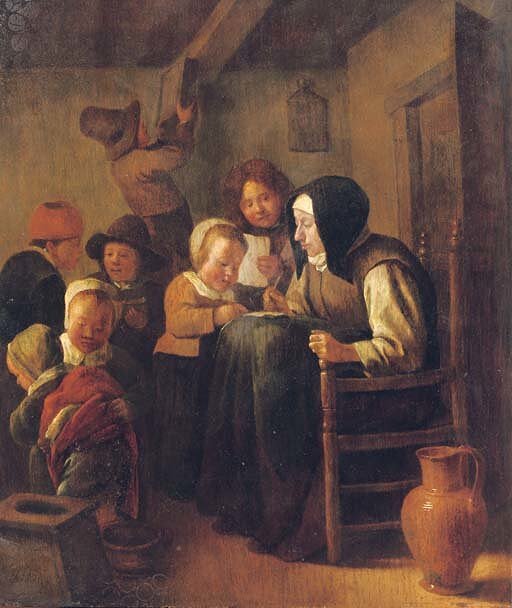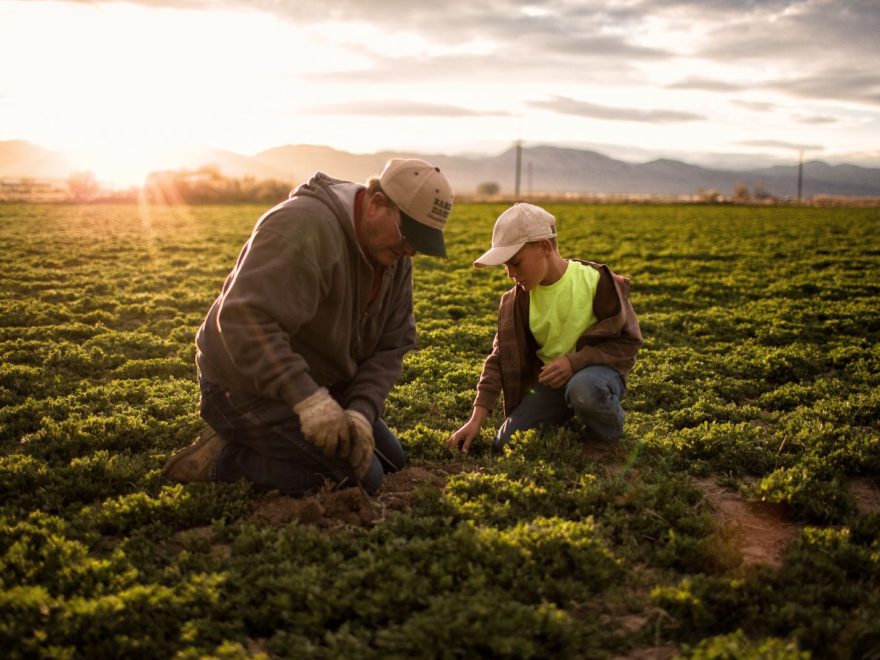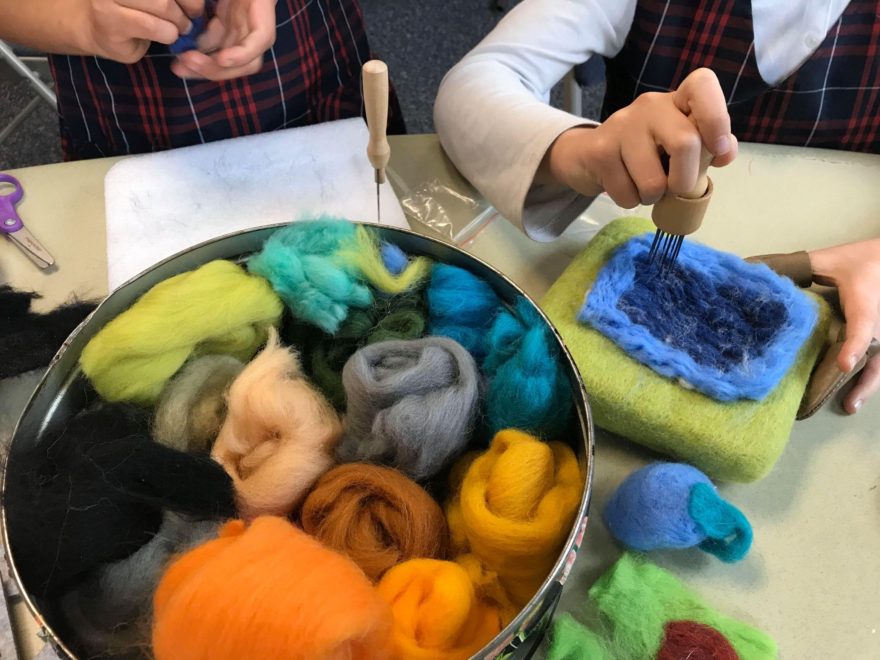Category: Charlotte Mason
-

What is a Learner?: Reading Charlotte Mason through Aristotle’s Four Causes
The goals and aims of our educational renewal movement center not on the quality of our curriculum or the quality of our teacher. Instead, the quality of learning is the true test of whether we are providing something of lasting value and worth. To that end, I have taken a look at the learner and…
-

Fostering Grit Through Charlotte Mason’s Practice of Habit Training
We write and speak often at Educational Renaissance about the importance of cultivating good habits (you can listen to our podcast on habit training here). Habits are, as Charlotte Mason put it, the railways of the good life (Home Education, p. 101). A person with good habits experiences a life of ease, while a person…
-

Exploring Educational Alternatives: A Comparison of Charlotte Mason and Maria Montessori
The early 1900s was a watershed moment in education. The second wave of the Industrial Revolution brought about what we might call the educational-industrial complex. Here I intentionally draw upon Dwight D. Eisenhower’s 1961 Farewell Address when he warned against the disastrous potential of the military-industrial complex. Looking back over the previous decades of global…
-

Rest for the Weary: On Cultivating the Intellectual Life
As the pace of our modern world grows busier and busier, spurred on by the services of smartphones and laptops, people need somewhere to turn for relief. Our glowing rectangles promise us conveniences such as efficiency and a life of ease, but for what purpose? More efficiency, more ease. It’s a never-ending cycle. Technology frees…
-

Handwork: Fostering Excellence Through the Habit of Creating
Guest post by Joleen Steel, Classical Christian Educator and Director of Camping Stick Kids We are what we repeatedly do; excellence, then, is not an act but a habit. Aristotle What do you find yourself repeatedly doing? In this digital world, it is easy to immerse ourselves in the repetition of scrolling through social media…
-

Work, Toil, and the Quest for Academic Rigor
American educational culture is obsessed with the idea of academic rigor. It shows up on marketing materials, core value statements, and school comparison charts. Rigor has become the gold standard of education, separating the wheat from the chaff and the excellent from the mediocre. Public schools, private schools, classical schools, progressive schools–they all claim academic…
-

Summertime, and the Learning is Easy
Summertime has arrived. Gershwin’s song from Porgy and Bess is clearly on my mind, if you caught the allusion in my title. If you have a moment, watch Ella Fitzgerald’s soulful performance of “Summertime, and the Livin’ is Easy” in Berlin during the summer of 1968. You could listen to any number of recordings, but…
-

Habit Training during Online Distance Learning
Everything changed a couple months ago when school went online. At-home learning has caused every school to attempt schooling in new and creative ways. We can also get creative about habit training during online distance learning. I shared my new eBook on habit training in the classroom about a month before we stopped meeting in…


